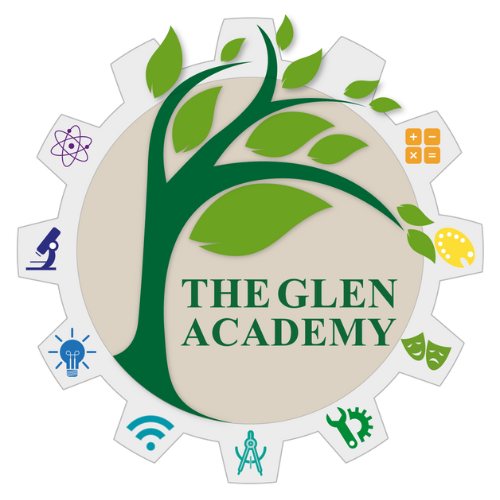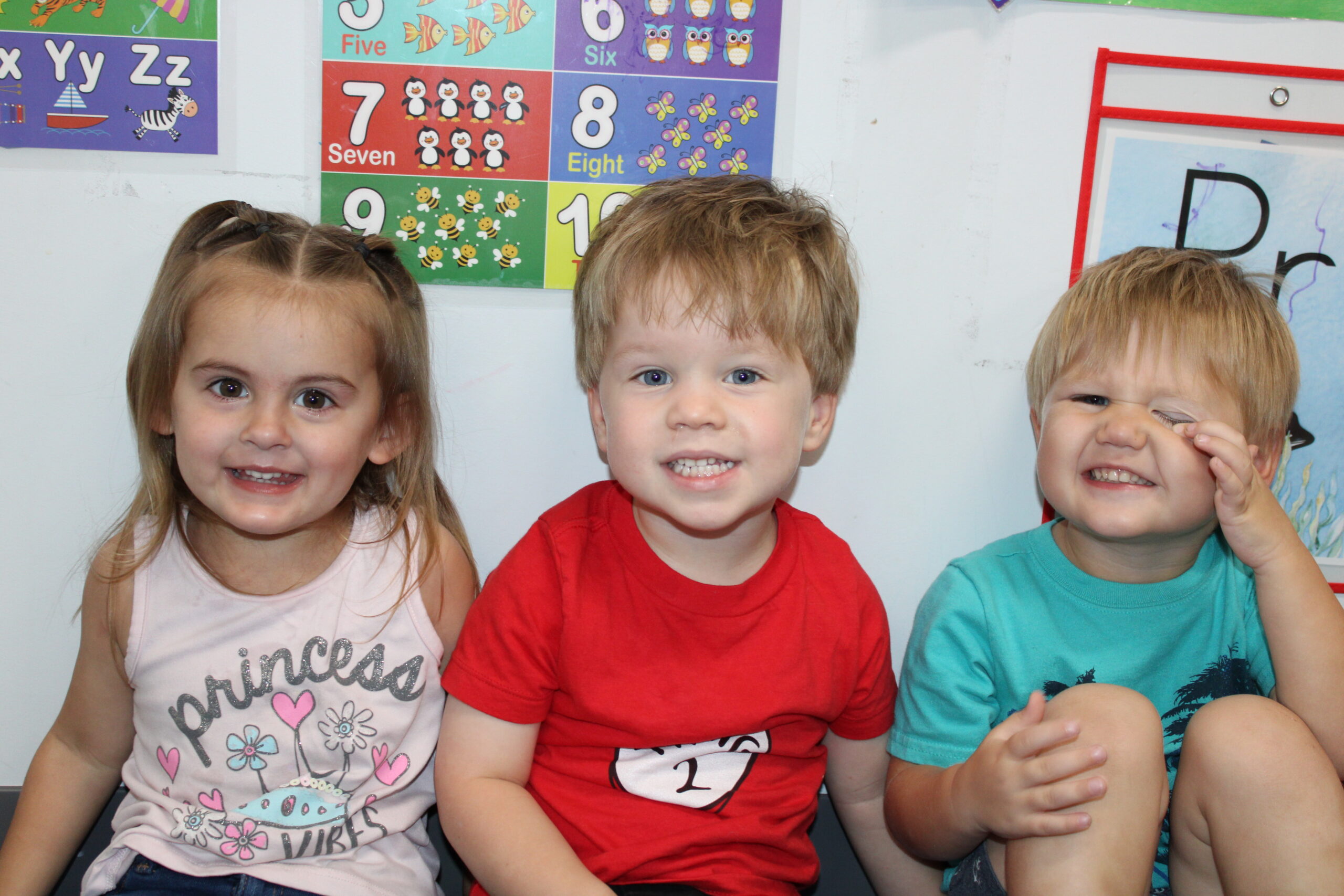What is a good preschool curriculum?
What is a good preschool curriculum? – Thanks for reading this blog article by The Glen Academy in Casselberry Florida. This blog article will help new parents understand the Frogstreet Curriculum and why we use it at our academy. This article was written to answer the most frequently asked questions we get asked about. Enjoy!

Table of Contents
Introduction to Frog Street Preschool Curriculum
The Frog Street Preschool Curriculum is a comprehensive educational framework specifically designed for early childhood education. With its origins rooted in the belief that children learn best through play, this curriculum takes a holistic approach to support the multifaceted development of preschoolers. By blending various learning styles and emphasizing developmental appropriateness, Frog Street offers educators a tool to foster a nurturing and engaging environment for young learners.
Central to the curriculum’s philosophy is the understanding that children are active participants in their learning journey. Through hands-on experiences, play-based activities, and meaningful interactions, the Frog Street curriculum facilitates:
- cognitive,
- social,
- emotional,
- and physical development.
This comprehensive methodology ensures that children not only acquire foundational skills but also develop critical thinking, problem-solving abilities, and interpersonal skills essential for their future education.
The significance of the Frog Street Preschool Curriculum in today’s educational landscape cannot be understated. As educators increasingly recognize the importance of early childhood education in setting a strong foundation for lifelong learning, Frog Street addresses the diverse needs of young children. It integrates various subjects such as literacy, mathematics, science, and social studies, all while maintaining a child-centered focus. This expansive integration supports early learners in making connections across disciplines, thereby enhancing their overall educational experience.
In connecting families, educators, and the community, the Frog Street curriculum promotes collaboration and shared responsibility for child development. Its resources are designed to engage parents and caregivers, creating a supportive network that further enriches children’s learning environments. Overall, the Frog Street Preschool Curriculum stands as a critical resource for educators aiming to provide high-quality, impactful early education that resonates with the needs and interests of young learners. This curriculum not only supports children’s immediate developmental needs but also prepares them for the future educational endeavors ahead.

Key Components of the Frog Street Preschool Curriculum
The Frog Street Preschool Curriculum is designed to foster a well-rounded early learning experience for children aged 3 to 5 years. A standout feature of this curriculum is its emphasis on the various domains of learning, including:
- social-emotional development,
- language and literacy,
- cognitive skills,
- and physical development.
Each component plays a pivotal role in preparing young learners for future educational success.
In the realm of social-emotional development, the curriculum encourages children to build relationships and navigate their emotions, promoting skills essential for interpersonal interactions and self-regulation. Activities aimed at collaboration and empathy are key, enabling children to understand and respond to others’ feelings, which is foundational for developing social competence.
Language and literacy are equally prioritized within the Frog Street Curriculum. Through a rich array of interactive storytelling, phonemic awareness activities, and language-rich environments, children are offered ample opportunities to enhance their vocabulary and comprehension skills. This focus not only nurtures early reading abilities but also fosters a love for language and communication.
Cognitive skills are addressed through hands-on activities that stimulate critical thinking and problem-solving abilities. By engaging in exploratory and investigative play, children develop reasoning skills and the capacity to make connections, which are vital parts of their intellectual growth.
The physical development aspect ensures that children engage in activities that enhance their fine and gross motor skills, promoting overall health and well-being. This is achieved through structured play and movement experiences that encourage physical fitness and coordination.
Furthermore, the curriculum integrates thematic units that correlate learning objectives across domains, allowing for a holistic approach. Daily routines encompass consistent activities that reinforce learning objectives, while ongoing assessment strategies track student progress and support tailored instruction. This comprehensive framework ensures that each child’s learning journey is both enjoyable and effective, setting a strong foundation for lifelong learning.
Implementation Strategies for Educators
Effectively implementing the Frog Street Preschool Curriculum requires educators to adopt a multifaceted approach that engages both children and their families while creating a dynamic learning environment. The foundation of this strategy lies in establishing a stimulating classroom atmosphere that encourages exploration, creativity, and interaction among children.
Classrooms should be decorated with colorful visual aids, organized learning stations, and materials that reflect children’s interests and developmental stages. This physical environment should foster curiosity and facilitate various modes of learning, including hands-on activities and group work.
To adapt lesson plans that cater to diverse learners’ needs, educators should be mindful of the varying abilities and backgrounds present in their classrooms. Differentiated instruction techniques can be employed, allowing teachers to modify assignments and activities based on each child’s learning style and developmental level.
Strategies like small group work, one-on-one support, and using tools such as visual schedules can help educators meet these diverse needs effectively. Incorporating play-based learning methods that align with the Frog Street curriculum can also bolster engagement and learning outcomes.
Engaging families in the educational process is another crucial component of implementing the curriculum successfully. Educators should keep open lines of communication with parents through regular updates, newsletters, and family events that showcase children’s progress and learning. Additionally, providing resources such as workshops or instructional materials that help parents support their children at home can create a stronger connection between home and school learning environments.
Professional development opportunities are essential for educators looking to enhance their understanding of the Frog Street Preschool Curriculum. Workshops, online courses, and peer collaboration offer valuable insights and strategies for improving teaching practices. By actively participating in such opportunities, educators can better equip themselves to implement the curriculum effectively and meet the diverse needs of their students.
Benefits and Impact of the Frog Street Preschool Curriculum
The Frog Street Preschool Curriculum has gained recognition for its comprehensive approach to early childhood education. It is designed to foster holistic development in children from birth to five years old, aligning closely with established early learning standards.
One of the primary benefits of this curriculum is its emphasis on play-based learning, which allows children to engage with new concepts in a manner that feels natural and enjoyable. This method not only encourages exploration but also nurtures a love for learning that can last a lifetime.
Research supporting the effectiveness of the Frog Street curriculum highlights its impact on various aspects of children’s learning outcomes. Studies have indicated that children exposed to this structured yet flexible curriculum demonstrate improved literacy and numeracy skills upon entering kindergarten. Furthermore, the curriculum encourages social-emotional development, which is crucial for success in subsequent academic environments. By fostering positive interactions among peers and with educators, children are better equipped to navigate the complexities of school life.
Testimonials from educators and parents reinforce the curriculum’s positive impact. Many teachers report that students who participate in Frog Street show remarkable enthusiasm for learning and are more engaged during classroom activities. Parents often cite the curriculum’s ability to prepare their children for future academic success, noting increased confidence and curiosity in their little ones. As children develop foundational skills in literacy, math, and social-emotional awareness, they become more adaptable to the challenges of formal schooling.
In conclusion, the benefits of the Frog Street Preschool Curriculum are evident through its alignment with early learning standards and the positive feedback from educators and parents. By fostering a love for learning and building essential skills, this curriculum effectively prepares children for their educational journeys ahead.
Any good curriculum should include these early learning concepts and pre-skills
The learning that takes place before kindergarten is crucial to creating school readiness. Children often need to meet specific learning milestones and have certain skills before successfully transitioning to school.
- Early literacy: Beginning in infancy, children are exposed to books, spoken language, songs, and repetitive rhymes in a print-rich environment. As they get older, they work towards learning letters and sounds, and eventually writing.
- Early math: From infancy, children are also offered opportunities to interact with different shapes, sizes, colors, and patterns to build number awareness, especially through toys and books. Toddlers and older children will begin to understand number sense and be able to categorize items.
- Early science: Infant learning is rooted in sensory exploration, as they begin to make sense of the world through experimenting with how to make things happen. As they get older, they begin to explore scientific thinking and engineering.
- Social-emotional skills: From birth, infants become increasingly aware of self and others. Through responsive care, infants learn about relationships, having their needs met, safety, and respect. As they grow, this foundation supports their self-esteem and self-regulation skills, and their ability to collaborate, build relationships, and resolve conflicts.
- Arts, music, and movement: Children of all ages benefit from opportunities to experience and explore visual arts, music, dance, and dramatic play. Exploring music and movement in infancy supports development in all domains as well as promotes creative expression in older children.
Engaging and Interactive Resources
The resources provided by Frog Street are particularly engaging for young learners. The curriculum integrates play-based activities and interactive materials that captivate children’s attention. This hands-on learning process not only enhances knowledge retention but also encourages creativity and critical thinking. Educators have found that children are more enthusiastic about participating in activities that are dynamic and enjoyable, which is a hallmark of the Frog Street Curriculum.
Furthermore, the curriculum includes professional development opportunities for teachers, ensuring they are equipped with the latest educational strategies. This commitment to excellence in teaching is what makes Frog Street a preferred choice for many early childhood programs.
What is a good preschool curriculum? – Thanks for reading this blog article written by The Glen Academy!
The Glen Academy wrote this article to help you better understand ‘What is a good preschool curriculum?‘
If you still have questions, please call us and ask our caring staff members about them today. Follow us on Instagram, Google Profile, and Facebook now! Remember The Glen Academy loves caring for your child no matter what stage of early childhood he or she is in. Again, thanks for reading this blog article.
